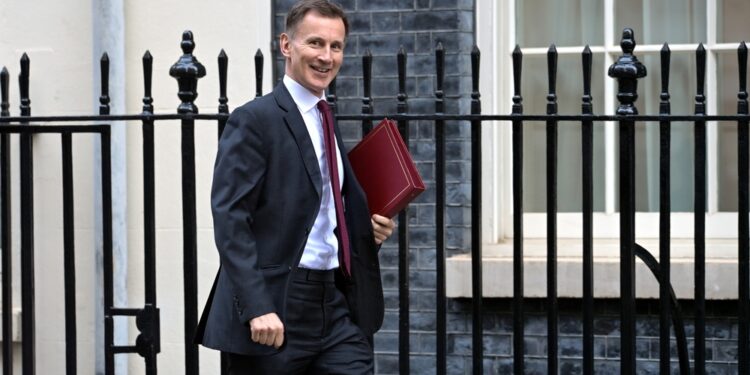The planned enhancements to auto-enrolment appear to have been further delayed, with the Chancellor failing to set out a timetable for reform.
In the accompanying Budget documents and speech there was no mention at all of auto-enrolment, leading to widespread criticism from many in the pensions industry.
These reforms — initially proposed in 2017 — would lower the age for auto-enrolment and ensure contributions are based from the first £1 of earnings, not just those above a minimum threshold. These changes would particularly benefit lower earners and many women working part-time.
However many in the industry have called for the government to use this as a stepping stone to introduce more fundamental reforms, which would include raising minimum contribution levels to ensure greater savings adequacy in retirement.
Aegon UK head of pensions Kate Smith says: “We’re incredibly disappointed that any mention of auto-enrolment enhancements was missing from the Chancellor’s Spring Budget statement.
“Having been announced as part of the 2017 Auto-enrolment Review, the longstanding plan has been to lower the auto-enrolment eligibility age from 22 to 18, as well as for workplace pension contributions to be calculated from the first £1 earned rather than on salary above £6,240.
“We’ve now been waiting almost seven years for these changes to be implemented, which at the current minimum rate of 8 per cent, would see contributions boosted by £499 a year for millions of savers each year.”
Standard Life managing director of workplace Gail Izat adds: “The absence of a decision on the roll out of auto enrolment reform is a real missed opportunity to help the future finances of millions of people.
“It’s crystal clear that we need a greater focus on savings adequacy in the UK and a delay to consulting implementing auto enrolment reform is further damaging the long-term saving prospects of our youngest workers.”
A number of providers pointed out that it was noticeable that AE reform had been missed out of the Budget speech, but the Chancellor had space to include further consultation on his ‘Lifetime Provider’ — which may indicate government priorities when it comes to improving the workplace pension landscape.
Smart Pension CEO Jamie Fiveash adds: “We were very disappointed not to see a set timetable for the expansion of auto enrolment and a clear plan for increasing pension contributions.
“The recent priorities of the government do not address the most fundamental issue: savers aren’t saving enough. Whilst we appreciate the desire of the government to keep this budget focused on purely good news in the form of cost cutting for individuals and employers, now should have been the time to act and get the clock counting down to auto enrolment reform, so we can allow for greater savings and better retirements.”





